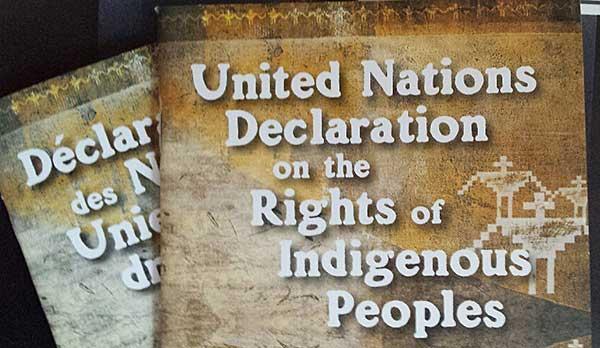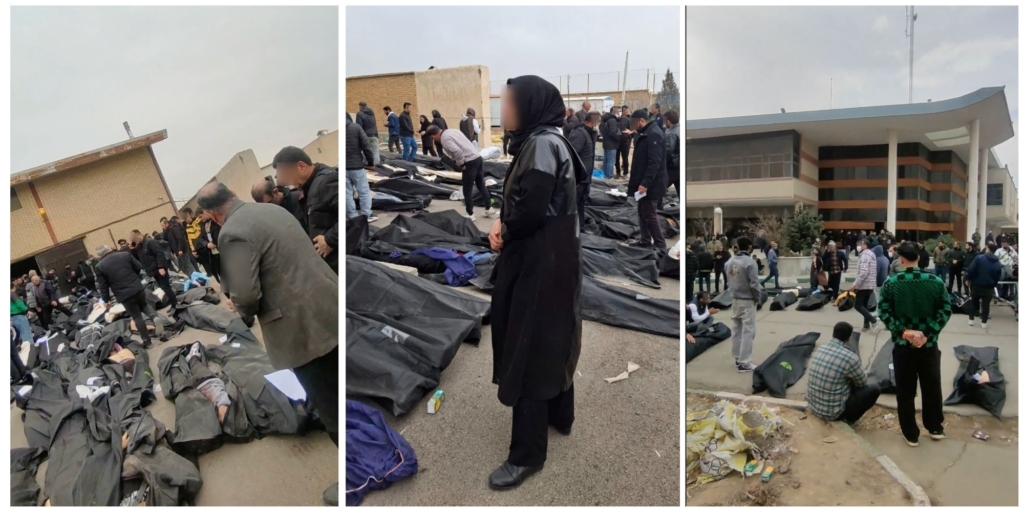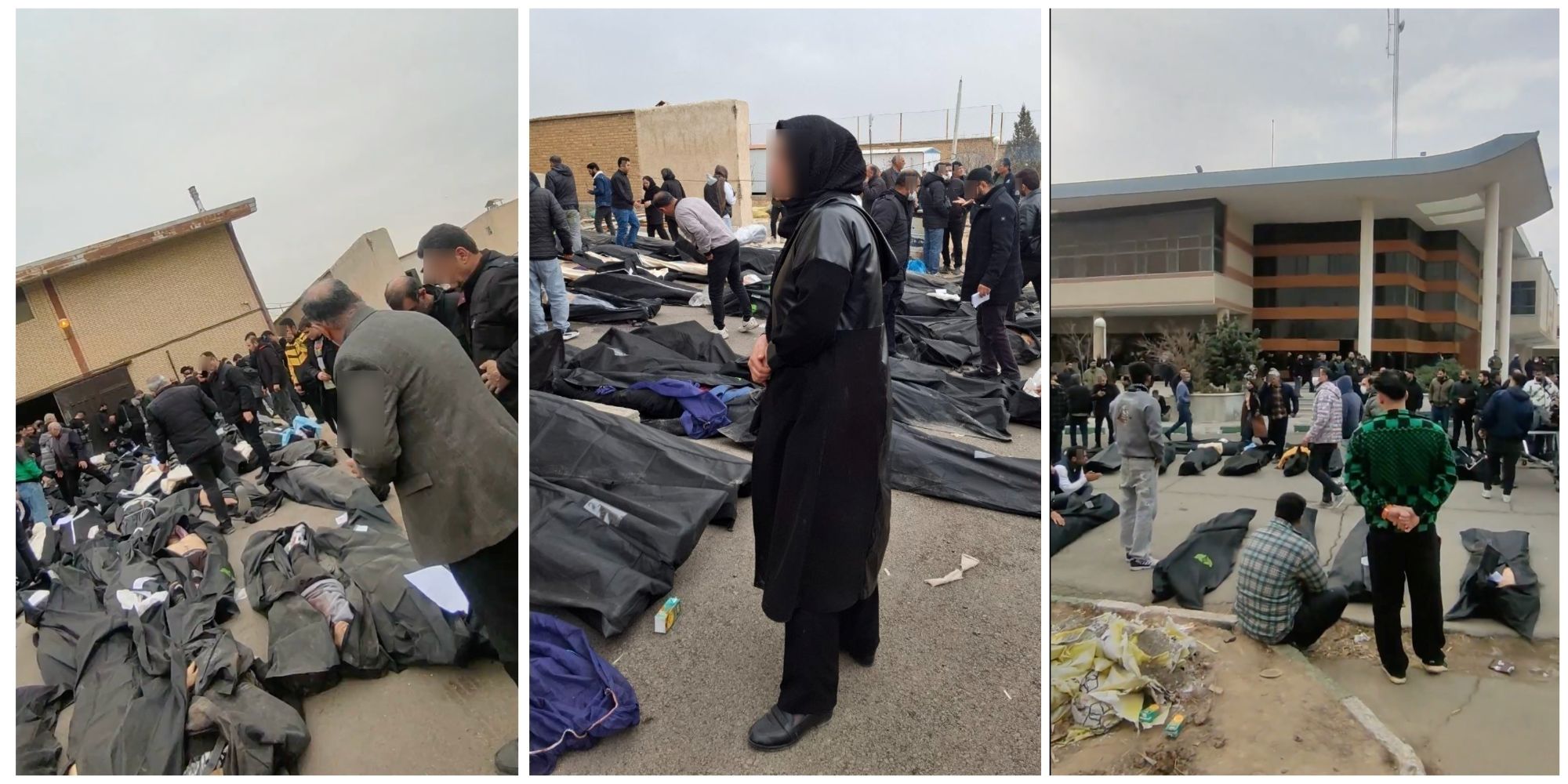Indigenous human rights advocates horrified that handful of Senators blocked Bill C-262
Filibuster a blow to democracy and human rights but cannot turn back the clock on implementation of UN Declaration on the Rights of Indigenous Peoples
“There are and always have been obvious flaws in a governing system that is designed to maintain a status quo and deny rights to people who power rejects. The process of bringing C-262 along the legislative path has highlighted this for me… Let us rise with more energy. Let us stand with a greater determination.”
– MP Romeo Saganash, author of Bill C-262
When the United Nations General Assembly adopted the UN Declaration on the Rights of Indigenous Peoples in September 2007, it established an obligation for all states to fully implement this crucial instrument as the minimum global standard to the protect the human rights of Indigenous peoples. The solemn commitment of all states to uphold the UN Declaration has since been reaffirmed by 10 consensus resolutions of the General Assembly.
Our Nations and organizations are outraged by the failure of the Senate to pass Bill C-262, a bill that would have provided a principled and collaborative legislative framework to guide the implementation of the UN Declaration in Canada.
Many individuals from all walks of life have embraced C-262 as a crucial means of reconciliation and were shocked that a handful of Conservative Senators were able to block the passage of such urgent and long overdue human rights legislation in such an undemocratic, illegitimate and indeed discriminatory manner.
In April 2019, Conservative MPs joined with all other members in the House of Commons to adopt a unanimous motion supporting both Bill C-262 and a second private member’s bill, Bill C-337 that provides for sexual-assault training for judges. This motion underlined that “both critical pieces of legislation … have been duly passed by the House of Commons” and “both bills should be passed into law at the earliest opportunity”.
Despite having supported this motion, Conservative Leader Andrew Scheer failed to ensure his unelected Senate members would respect the express will of the House of Commons. As a result, both institutions of Parliament are being undermined.
Such prejudicial actions also undermine reconciliation in Canada. The Truth and Reconciliation Commission has emphasized that the UN Declaration “is the framework for reconciliation at all levels and across all sectors of Canadian society.” In addition, the final report from the National Inquiry into Missing and Murdered Indigenous Women and Girls relies on the UN Declaration and other human rights instruments in ensuring the security and well-being of Indigenous peoples and individuals.
Despite this serious breach of democratic principles, it must be emphasized that the actions of these Senators do not in any way diminish Canada’s obligations to implement the UN Declaration. Nor does the failure to adopt C-262 diminish our intention to hold the Government of Canada accountable to such obligations.
The will of Parliament to implement the UN Declaration is now clearly established. Bill C-262 was adopted by a majority vote of the House of Commons in 2018. In addition to the subsequent unanimous motion supporting the Bill, the intent to uphold and implement the UN Declaration is set out in a number of other bills that were passed into law during the current session including C-69 (impact assessment), C-91 (Indigenous languages) and C-92 (Indigenous child and family services).
The work of implementation will continue despite the setback in the Senate. Indigenous governments are incorporating the UN Declaration into their own laws and procedures and using it to inform their expectations of partnerships with government and industry. Canadian courts and tribunals are already using the UN Declaration to interpret Indigenous rights in domestic law. The clock cannot be turned back.
It has recently been confirmed that the Liberals, if re-elected, will reintroduce UN Declaration implementation legislation as a government bill. Our Nations and organizations are urging all federal political parties to commit both to supporting a legislative framework for UN Declaration implementation that is at least as strong as C-262 and to ending the kind of partisan game-playing that prevented adoption of C-262 in this session of Parliament.
The Coalition for the Human Rights of Indigenous Peoples (www.declarationcoalition.ca)
This statement was endorsed by the following organizations and individuals:
Amnesty International Canada / Amnistie Internationale Canada
Assembly of First Nations
Assemblée des Premières Nations du Québec et Labrador/Assembly of First Nations of Quebec and Labrador
BC Assembly of First Nations
Canadian Friends Service Committee (Quakers)
First Nations Summit
Grand Council of the Crees (Eeyou Istchee)
Indigenous-Settler Relations, Mennonite Church Canada
Indigenous World Association
KAIROS: Canadian Ecumenical Justice Initiatives
Métis Nation
Union of British Columbia Indian Chiefs
Ellen Gabriel
Sheryl Lightfoot, Canada Research Chair of Global Indigenous Rights and Politics, University of British Columbia
Dr. Wilton Littlechild
For more information on implementation of the UN Declaration, please see our new factsheets at https://www.declarationcoalition.com/more-info/
• Interpreting the UN Declaration on the Rights of Indigenous Peoples
• Myths and Misrepresentations about the UN Declaration and Bill C-262
• Free, Prior and Informed Consent FAQ






















